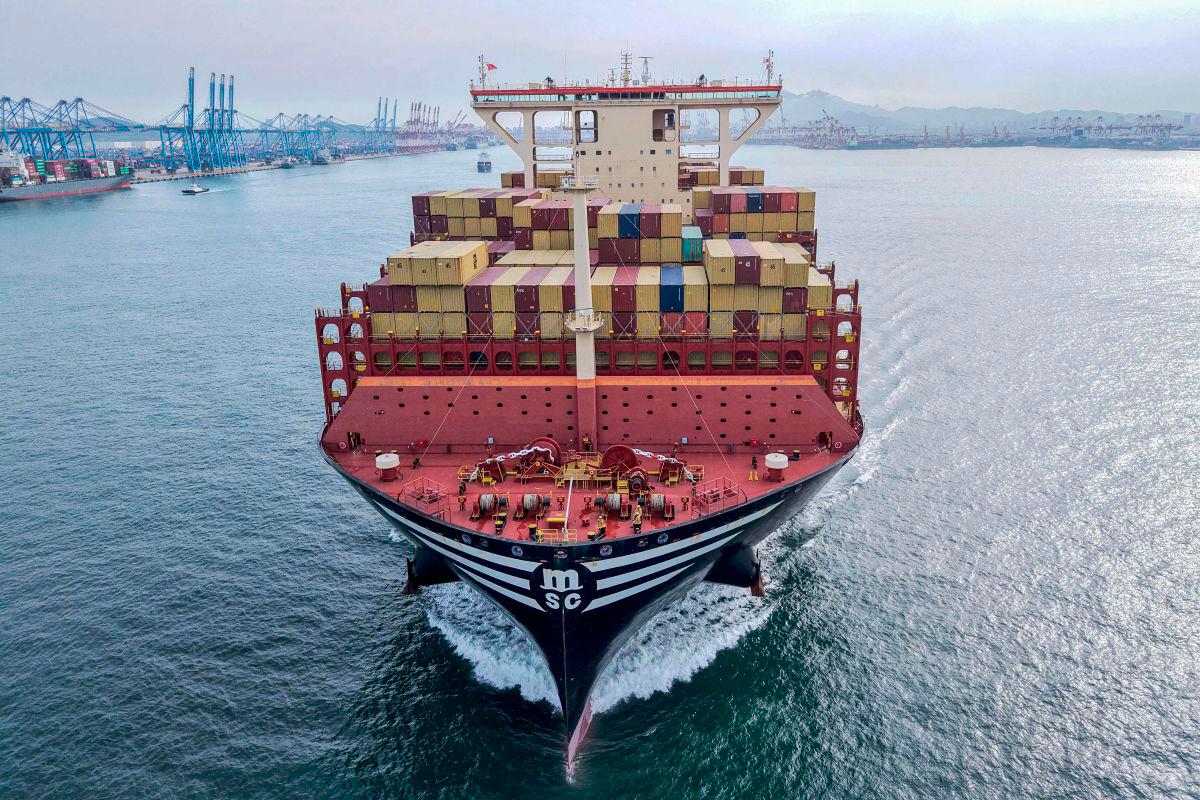WASHINGTON: U.S. President Donald Trump's administration on Thursday imposed sanctions on a third Chinese independent, or “teapot“ oil refinery and port terminal operators in China for purchases of Iranian oil ahead of an expected fourth round of U.S.-Iran nuclear talks.
The U.S. Treasury designated the Hebei Xinhai Chemical Group refinery and three companies for operating a terminal at Dongying Port in Shandong province. It said they had purchased or facilitated the delivery of hundreds of millions of dollars worth of Iranian oil.
It was the latest independent Chinese refinery targeted by the Trump administration after it re-imposed a policy of “maximum pressure” that aims to cut off Iran's export revenue to pressure Tehran into a deal to curb its nuclear program and stop the funding of militant groups across the Middle East.
“The United States remains resolved to intensify pressure on all elements of Iran's oil supply chain to prevent the regime from generating revenue to further its destabilizing agenda,“ Treasury Secretary Scott Bessent said in a statement.
The latest round of talks between Iran and the United States is likely to take place over the weekend in the capital of Oman.
Previous sanctions imposed on two small Chinese refiners for buying Iranian oil have created difficulties in receiving oil, leading them to halt purchases of crude and sell product under other names, sources familiar with the matter said.
Those sanctions have also begun to deter other, larger independent Chinese refiners from buying Iranian crude, three of the sources said.
Based in the port city of Cangzhou, Xinhai is among China's largest independent refiners outside the teapot hub of Shandong province. It operates a 120,000 barrel per day (bpd) refinery that includes a bitumen plant with annual capacity of 5 million metric tons, and its 74,000 bpd crude import quota is among the largest for plants its size.
A person answering the phone at Xinhai on Friday did not have immediate comment.
Iran's U.N. mission in New York did not immediately respond to a request for comment.
“China has always firmly opposed the U.S.'s abuse of illegal unilateral sanctions and ‘long-arm jurisdiction,‘” said Liu Pengyu, spokesperson for China's embassy in Washington. “The U.S. should stop interfering with and undermining the normal economic and trade cooperation between China and Iran.”
Port penalties
The companies Treasury designated for operating the port terminal were Baogang (Dongying Donggang) Logistics and Warehousing Co, Ltd, Shandong Jingang Port Co, Ltd, and Shandong Baogang International Port Co, Ltd.
Treasury said the companies operate a terminal in Dongying Port that has received more than one million barrels of Iranian oil.
The department's Office of Foreign Assets Control also imposed sanctions on several companies, vessels, and captains it said facilitated Iranian oil shipments as part of Iran's “shadow fleet” of tankers.
The sanctions block U.S. assets of those designated and prevent Americans from doing business with them.
It designated Star Twinkle Shipping Limited, Hong Kong Prime Trading Co., Limited, Embrace Que Limited, Nissho Lines Incorporated, Propitous Forever Trading Co Ltd, and Skadi Limited. It also identified the tankers STAR TWINKLE 6, LAMD, SKADI, IMPALAS, BIG MAG, and THANE as blocked property.
An analyst said the latest U.S. sanctions were incremental. “Today’s sanctions sustain pressure on Chinese importers but fall short of a turning point for Iranian exports, as the Trump administration continues to hold off on targeting Chinese state-owned enterprises,“ said Fernando Ferreira, a director of geopolitical risk service at Rapidan Energy Group.
“If Beijing refuses to curb imports, I suspect Washington will continue to move up the sanctions list and target more sensitive entities,“ he said.









